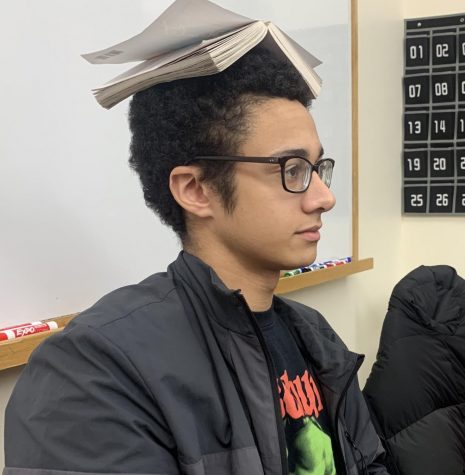Microgreens are everywhere

November 8, 2018
The Class of 2017’s school-wide theme of sustainability and environmental awareness seems to have made a lasting impact on the Masters community, as groups such as EFFECT continue to implement new environment-friendly additions to our campus, ranging from beehives to mass composting bins. With these additions, Brock continues to facilitate the growth of the microgreens, somewhat hidden in the Dining Hall.
In the midst of all the new and exciting advancements being made on campus, it is important to acknowledge some of the earliest contributions that have been made on Masters as it continues to adapt to a culture of environmental sustainability. First implemented in 2016, the microgreens have continued to serve as a major component of the food we eat everyday, to many students’ surprise.
Sophomore Tim Cools is one of many students who are unaware of what the microgreens are and what their purpose is at Masters. “I figured it had to be something food-related, but wasn’t sure what is was or what it does.” Despite their seemingly small presence, the microgreens are used as garnish in almost every meal we eat in the dining hall, making them one of the most common food items served in the Dining Hall.
The vegetables are cultivated solely by Brock General Manager Lee Bergelson, and require minimal but essential curation. “The structure they’re enclosed in is called an urban cultivator. The urban cultivator is a fully-enclosed growing unit that includes pumped water, growing lights, and manual temperature controls.” Although the machine takes care of many of the tedious curation tasks such as watering, Bergelson plants the seeds alone, but is accompanied by another Brock staff member during the harvest. “It takes me about an hour to plant the seeds in the containers, but only a few minutes to snip them out of the containers with someone helping me collect them.”
Going into its third year, the utility of the microgreens station will be expanded as EFFECT plans on working with Lee Bergelson and the station in an effort to create learning experiences from the intricacies of how it operates and serves Masters as well as the environment.



